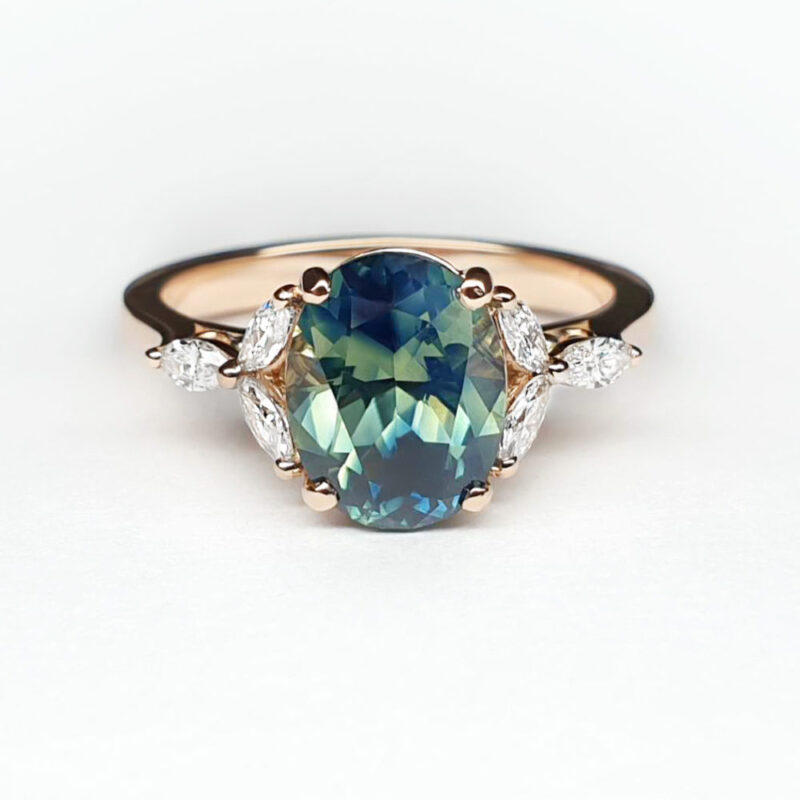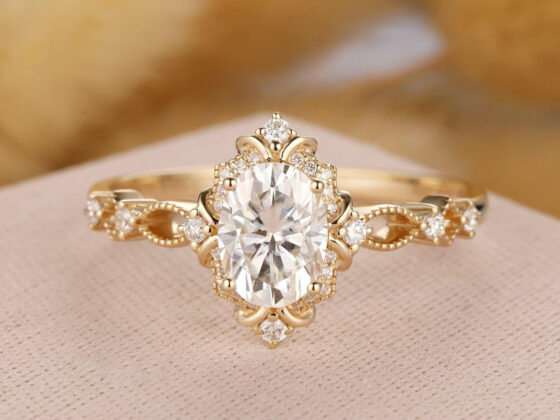Searching for the perfect engagement ring can be a daunting task, especially when considering the ethical implications. In this article, we will discuss how to find an ethically-sourced and responsible engagement ring in the UK.
We’ll explore where to shop and what to look for so that you can make sure your purchase makes a positive impact on society and our planet.
From understanding certification standards to choosing conflict-free diamonds, let’s take a closer look at putting ethics first when shopping for your future spouse.
The Benefits of an Ethically-Sourced Ring

Buying an engagement ring is a big decision, and being mindful of the sources for each component can be just as important. When it comes to selecting ethical engagement rings uk, there are many benefits that buyers should consider.
An ethically-sourced ring is produced from materials that have been responsibly obtained concerning their origin and environmental impact.
This means that the diamonds or gems used in the rings are not mined using forced labor or under exploitative circumstances. Supporting ethically sourced jewellery helps protect workers’ rights, reduce carbon emissions related to production processes and promote sustainable development practices throughout global supply chains.
Not only does opt for an ethical engagement ring give peace of mind but it can also save money in the long run due to decreased costs associated with conflict minerals or poor working conditions elsewhere in the chain.
Furthermore, these rings often come with certification indicating they meet industry standards – so customers know exactly what theyre getting when they purchase one of these pieces of jewellery.
Overall, buying an ethically sourced engagement ring allows couples to make a more conscious choice about where their money goes while still having access to beautiful jewelry options made with quality craftsmanship and attention to detail.
How to Choose the Right Stone for Your Engagement Ring
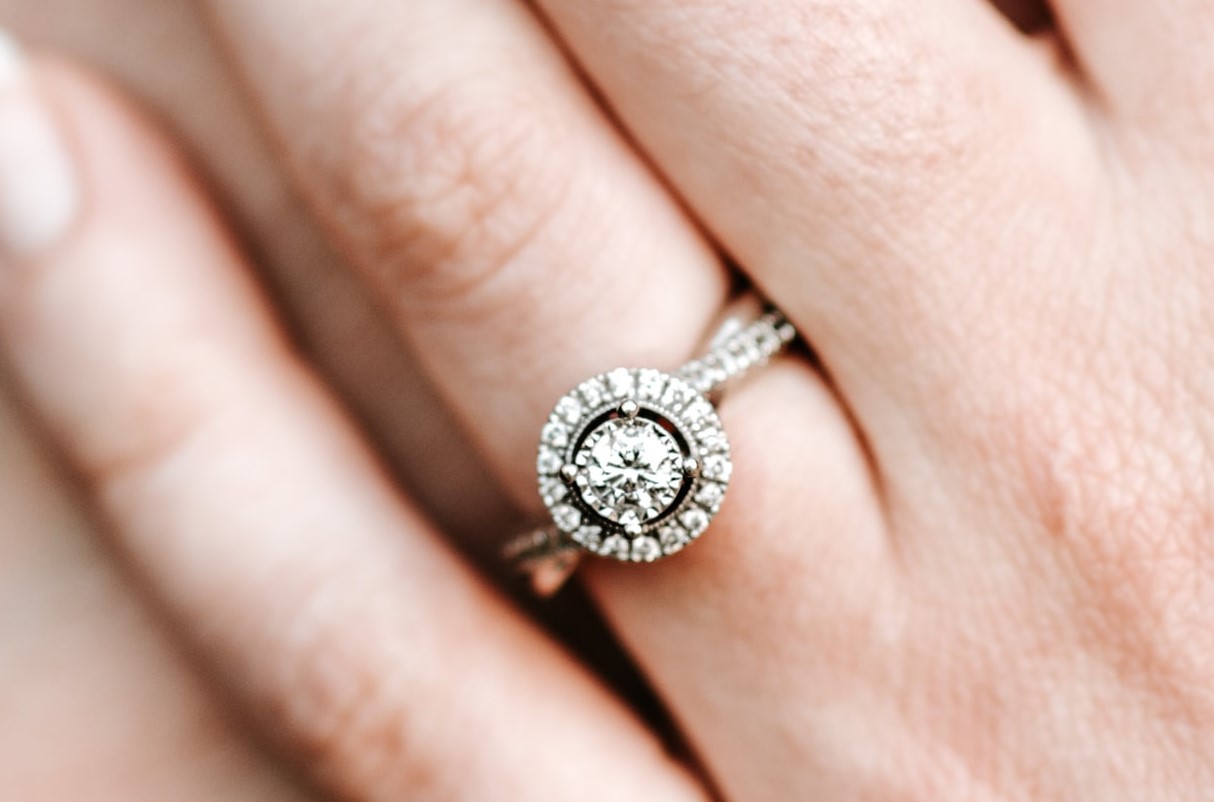
When choosing the right stone for your ethical engagement ring, it is important to consider a few key factors. First and foremost, you need to think about where the stone has come from. Look for stones that have been sourced ethically and responsibly, without exploitation of workers or damage to the environment.
A good rule of thumb is to only purchase diamonds or other precious stones certified by an independent third-party organization such as the Responsible Jewellery Council (RJC). In addition, it’s worth considering how sustainable a particular type of stone may be.
Some gems like sapphires are abundant in nature and can easily be replaced with little impact on the environment; others like diamonds come from limited natural sources and require more consideration before being purchased.
Finally, when selecting a gemstone for your ethical engagement ring journey, take into account its durability over time: will this choice last through decades of wear? Diamonds are known for their hardness – they measure 10/10 on Moh’s scale – while softer stones such as opals should often be avoided if youre looking for something more resilient in the long run.
Selecting a Conflict-Free Metal for Your Setting
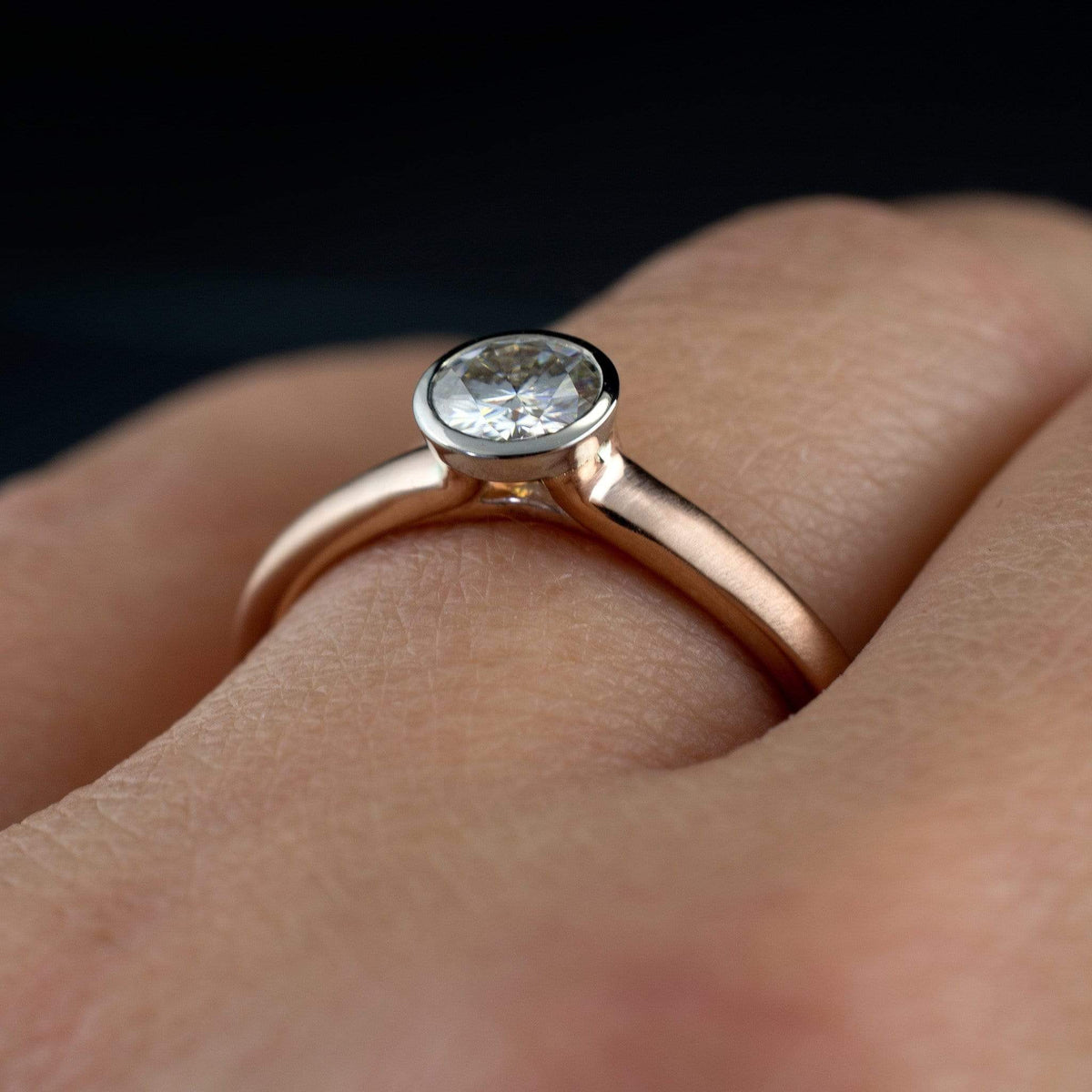
Shopping for an engagement ring can be a daunting prospect – not only do you need to pick something that your partner will love, but there are ethical considerations to take into account too. One of the most important is selecting a conflict-free metal for the setting, as it ensures that no harm has been done in its production or sourcing.
In this guide, we’ll look at what conflict-free metals are available on the UK market and how to choose one that reflects both your style and ethical values. The most commonly used metals in engagement rings include gold and platinum, but they aren’t necessarily always ethically sourced.
Gold mining operations have been linked with human rights abuses since their inception, while many platinum mines operate dangerously and without regard for workers safety or environmental protection. As such, if you’re looking for something truly conflict-free then these may not be suitable options.
Thankfully there are plenty of other alternatives available which offer similar qualities in terms of strength and durability whilst being 100% free from any unethical practices involved in their production or supply chain processes.
These include palladium – an alloy made up primarily of nickel and copper – as well as recycled silver which comes from discarded objects such as jewellery boxes or watches rather than newly mined sources.
Additionally zirconium offers an attractive alternative due to its striking colour variations ranging from gunmetal grey through to pure white; perfect for creating unique rings tailored specifically to each individual wearers tastes!
Finally titanium provides yet another option; lightweight yet incredibly strong it’s ideal for those seeking a more contemporary aesthetic paired with peace of mind about where their purchase has come from.
Conclusion
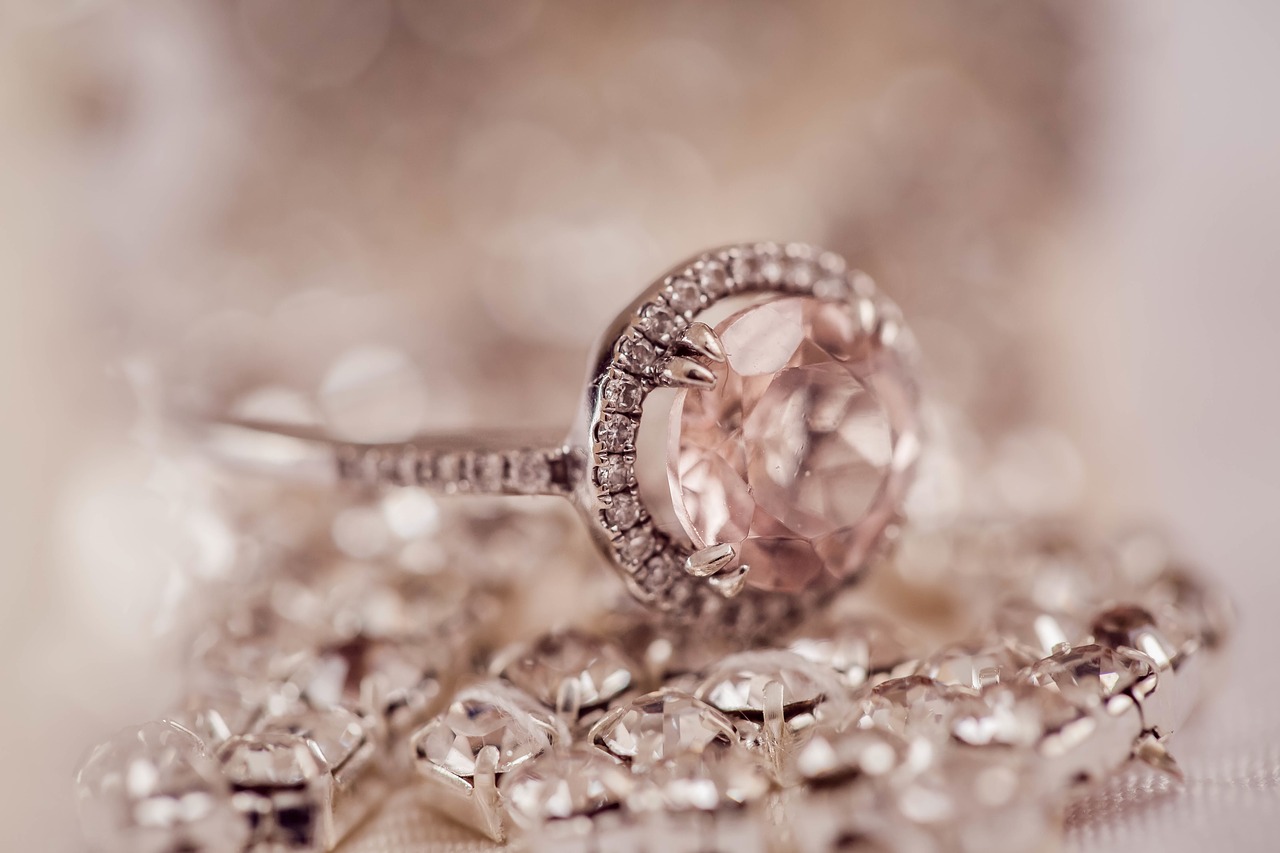
In conclusion, it is clear that when it comes to engagement rings in the UK, ethical considerations should be at the forefront of any decision-making process. With so many options available on the market today, couples can take comfort in knowing they are making an informed decision by going with a certified Fairtrade gold or conflict-free diamond ring.
Additionally, there are several independent jewelers who specialize in ethically sourced jewelry and offer bespoke designs tailored to individual tastes and budgets.
Ultimately, though, couples must remember those ethics come first – no matter how much money they save or how beautiful their ring looks – so they can make sure that those special moments reflect not only their love but also their values.
